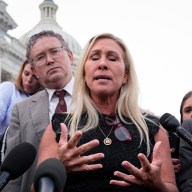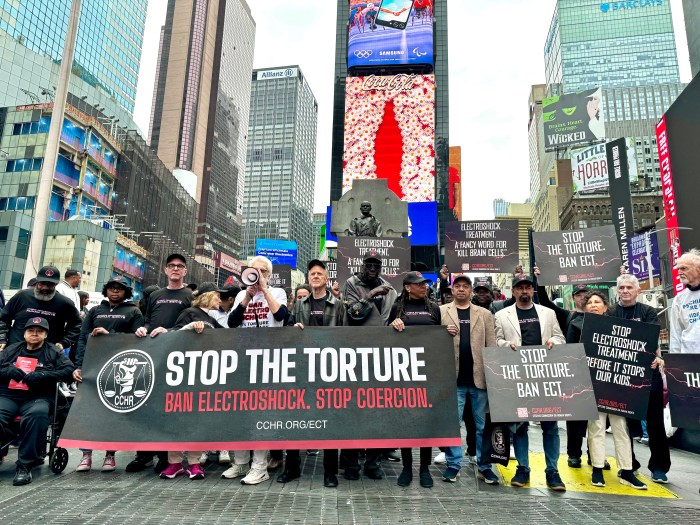Pride Week marks remarkable progress: Same-sex benefits, same-sex marriage, and recent human rights decisions make Canada a global leader on lesbian, gay, bisexual, transgendered (LGBT) rights.
Corporate leaders set the tone. Ed Clark, CEO of TD Bank Financial Group, proclaimed: “I don’t want people to feel they have to hide who they are because they’re afraid we’ll discriminate against them. In fact, I look forward to the day when all employees feel that their sexual orientation is a non-issue.”
KPMG and IBM explicitly include LGBT in definitions of workforce diversity and IBM includes gender reassignment surgery in its benefits package. Attracting and retaining the best and the brightest drives corporate commitment. LGBT consumers — the “pink dollar” — are influential. Moreover, research shows 42 per cent of straight consumers will not buy from companies deemed homophobic.
But LGBT people are still vulnerable. Last November, a same-sex couple was assaulted outside an Oshawa daycare.
Growing up LGBT is tough: According to Mental Health America, the average LGBT teen hears anti-gay slurs 26 times a day. EGALE Canada’s 2008 survey showed 67 per cent of LGBT teens felt unsafe at school and only half felt accepted. Rejection or fear of rejection by their family often fuels desperation. Forty percent of LGBT youth report having had suicidal thoughts and they are 3.4 times more at risk for attempting suicide.
On average, six per cent of runaway youth identify as LGBT and in some communities rates are much higher. LGBT teens are also more prone to high risk behaviours and drug abuse.
Susan Magerman teaches in Toronto’s Triangle Program, the only Canadian high school program specifically aimed at LGBT youth. More than 70 per cent of her students, aged 14-21, do not live at home. Some have been kicked out. Some have fled abuse. Some are searching for somewhere they belong.
Triangle struggles to offer a lunch program and needs resources for breakfast because most of the students subsist below the poverty line. Most students have been marginalized and traumatized. Some have experienced homophobia, harassment and abuse since primary school.
Magerman says, “Once they are in a safe and supportive environment, where they no longer have to worry about their safety all the time, they thrive.”
Her wish? “That all kids, regardless of sexual orientation, are supported at home, at school and in their communities so the Triangle program does not need to exist.”
Remember, while we march with Pride to celebrate progress, much work remains.















